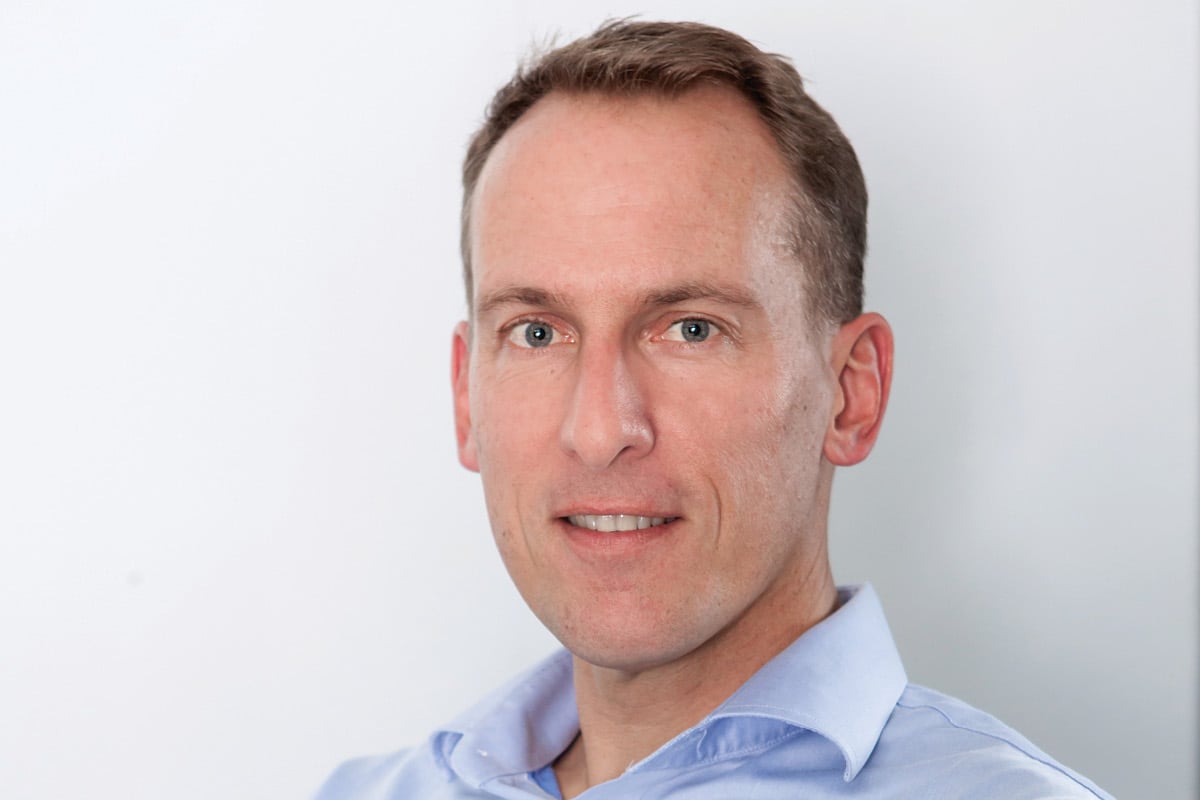Although Bounty Brands has been operating for only four years, it has already positioned itself as a major contender in the fast-moving consumer goods market. “Just over three years ago, there was nothing – Bounty was just a concept,” CEO Stefan Rabe recalls. “But we have been able to acquire businesses, integrate them, and create a business that now has revenues of more than €200 million.”
The South African-based consumer goods company acquires and develops multinational brands in the food, apparel, home and personal care industries. “It took around two years to acquire sufficient critical mass to start seeing the fruits of the strategy of acquiring, integrating and driving growth,” Stefan adds. “Seeing what we have achieved to date gives me faith and a sense of achievement.”
Bounty Brands overcomes cultural differences
The company’s acquisition strategy has proved successful in Southern Africa and Central Eastern Europe. Bounty wants to broaden its reach in Central Eastern Europe; however, Stefan is well aware of the cultural difficulties that come with establishing a base there.
“The culture is very much defined by the post-Communist era. As a result, it takes time to build relationships with the owners and senior people in businesses that you’ve acquired,” Stefan says.
Just over three years ago, there was nothing – Bounty was just a concept.
On top of this is the language barrier. “It’s very difficult to build a relationship if you are unable to share a common language,” Stefan says. “Many business leaders don’t speak English, so to bridge both the culture gap and the language gap at the same time is quite a challenge.”
To combat these obstacles, the company established offices in Warsaw and incorporated language requirements in its employment process. “We do a combination of hiring our own people on the ground who can speak the local language – so they can relay our views, requests or requirements to the businesses – and putting people into the businesses that we acquire who can also speak English – for example, English-speaking Poles who have international experience.
“We want the people to understand that even though we speak another language or are from another part of the world, they can still work well with us.”
Stefan Rabe is a firm believer in employee autonomy
The cultural differences in Europe extend into the management style of businesses, which is more hierarchical, while Stefan prefers a flat structure. “With some of the businesses you buy, the owner will make all the decisions. It’s very formal and hierarchical. What we would like is a flat structure, where lots of people take responsibility and get things done, as opposed to waiting for someone to tell them when and how to do it. I think what we have is a modern, empowered structure rather than the multiple layers of hierarchy that you get in many large corporates.”

Evidently, Stefan is a firm believer in giving his workers autonomy and steering clear of micromanaging. “When people start micromanaging you, the relationship is probably broken down already. For me, it’s about empowering people – having people around you who are better and smarter than you, doing things that you can’t do yourself. You have to give people the power to actually do their job and give them the responsibility that comes with that,” he says.
“This is the core of what Bounty is. It’s not a popularity contest. You have to get going, get it done, and we’ll leave you be. We’re not looking to control every aspect of every person’s life. That’s not who we are.”
However, Stefan maintains that a flat structure doesn’t mean letting staff do whatever they like. “You can’t have the previous owners managing the business the way they always have, especially if they’re not used to any structure. You’ve got to balance it. That’s where fairness and transparency come in – you’ve got to explain to everyone why they’re doing a job and why it’s required, but it’s not necessary for them to always like the direction. That’s a luxury that in business you can’t really afford.
“At its heart, Bounty is all about finding opportunities and realising their full potential. This extends to our businesses, our brands and our people.”



